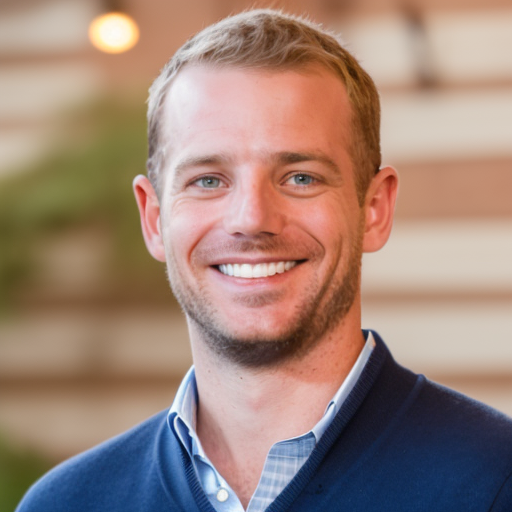By Brian Henson ’25
When I joined the military in 2017 I took an oath, not entirely unlike the oath I plan to one day take as a lawyer. When I raised my right hand, I swore to support and defend the Constitution against all enemies, foreign and domestic. I believed in the importance of that oath then. I still do today.

Despite the oath’s holistic nature, covering threats foreign and domestic, the military typically only deals with foreign dangers. There’s good reason for that. A politicized military is dangerous to democracy, and separating domestic politics from authoritarian threats can often be tricky. However, events over the last few years, highlighted by the attempted overturn of the 2020 Presidential election, made clear to me that the domestic threats to the Constitution might pose a more urgent challenge than those I was dealing with as a Naval Officer. With that in mind, I left active duty to head to law school, believing a place like Harvard would provide prepare me to one day combat the rising authoritarianism I saw in America.
That opportunity came much sooner than expected. This semester, I worked with the Democracy and the Rule of Law Clinic, which partners with the nonpartisan organization Protect Democracy to counter authoritarian threats. Over the course of the semester, I joined the team litigating a defamation lawsuit brought by two Georgia election poll workers, Ruby Freeman and Wandrea’ ArShaye Moss. These civil servants were suing former New York City Mayor Rudy Giuliani for lies he spread in an attempt to undermine 2020 Presidential election.
Mr. Giuliani amplified these lies despite mountains of evidence to the contrary. This not only led to harassment and horrific threats against Ms. Freeman and Ms. Moss, but sought to undermine faith in an election cycle that the Department of Homeland Security deemed the “most secure” in American history. In 2021, Ms. Freeman and Ms. Moss sued for defamation and intentional infliction of emotional distress.
I joined the lawsuit at a dynamic time, after a federal judge already found Giuliani liable on all counts. I would be helping to prepare for a trial which would determine only how much he now had to pay. The team representing Ms. Freeman and Ms. Moss consisted of Protect Democracy lawyers as well as members of the law firms Willkie Farr & Gallagher and DuBose Miller who had already worked together for close to two years on the lawsuit by the time I joined.
Despite my newcomer status, I hit the ground running alongside the rest of the team to prepare our case. With the fast-paced nature of trial preparation, my role varied drastically from week to week. Some weeks, I authored legal memos regarding issues our side anticipated facing at trial. Other weeks involved drafting preliminary jury instructions, motions in limine, and research on the jury selection process. Each week brought with it the opportunity to learn new skills and put the advocacy strategies I was learning in our clinic’s weekly seminar to use.
The twelve weeks I worked on the case flew by. Court filing deadlines, rounds of revision, and last-minute assignments became the norm. Such is the nature of trial preparation, I learned, especially in a case as impactful as this one. But throughout it all, my clinic supervisors guided me, pushed me, and taught me. They took what little extra time they had to give me substantive suggestions which made me a better legal advocate. I capped off my experience by attending the hearings immediately preceding trial, then seeing the news days later that a jury ordered Mr. Giuliani to pay Ms. Freeman and Ms. Moss $148 million in compensatory and punitive damages.
This semester’s experience is why I came to a place like Harvard Law School – to work on the most pressing issues facing our democracy. It does not get much more significant than advocating on behalf of two civil servants facing baseless attacks for fulfilling their oaths. The skills I learned and the experience I gained will stick with me for quite some time. My law school experience is better for it, my future career will be better because of it, and I hope, in some small way, our democracy will be stronger because of it.
Filed in: Clinical Student Voices
Contact Office of Clinical and Pro Bono Programs
Website:
hls.harvard.edu/clinics
Email:
clinical@law.harvard.edu